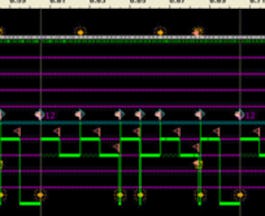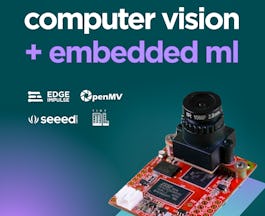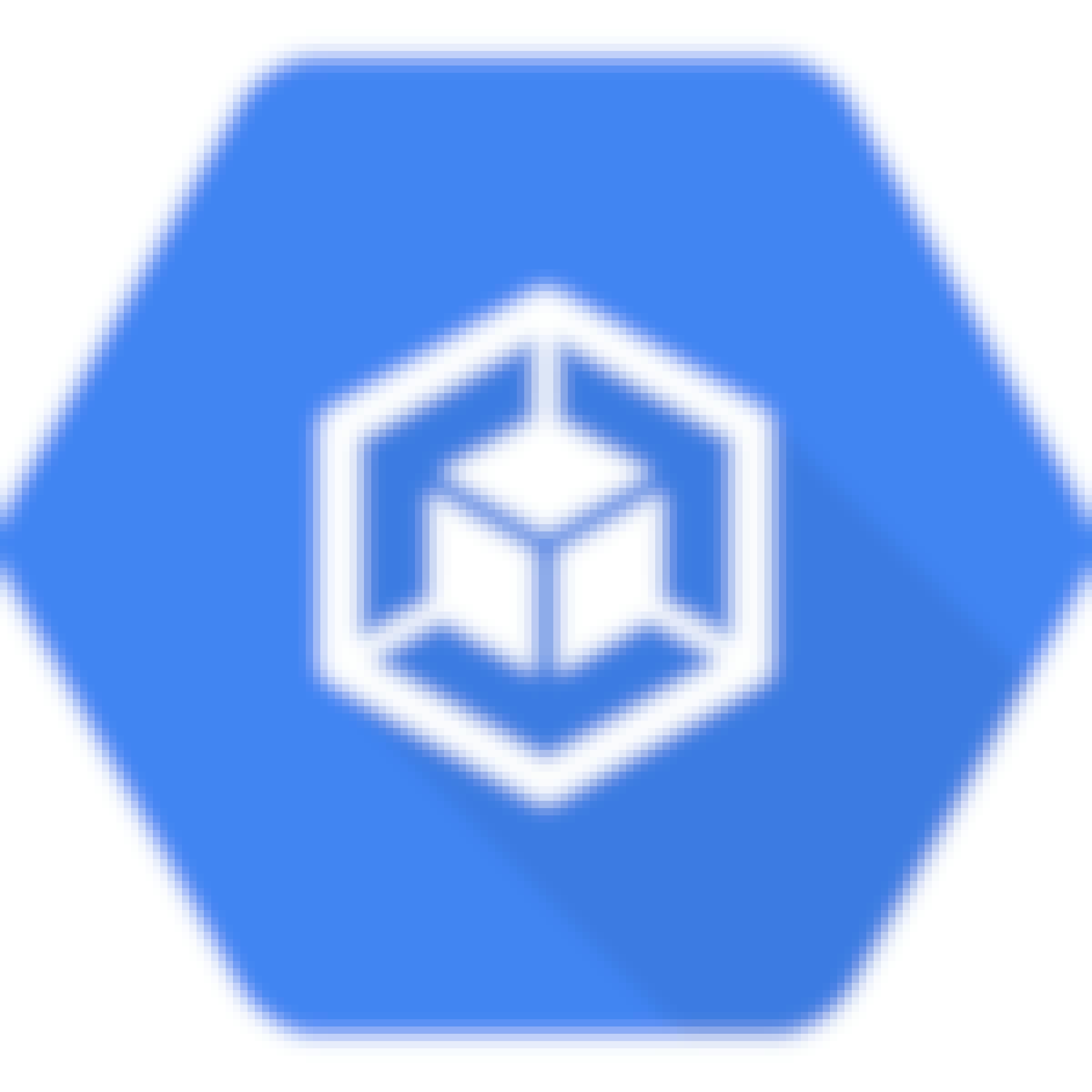Filter by
The language used throughout the course, in both instruction and assessments.
1,239 results for "hardware"
 Status: Free
Status: FreeStanford University
Skills you'll gain: Computational Logic, Mathematics, Problem Solving, Critical Thinking

University of Colorado Boulder
Skills you'll gain: Operating Systems, Theoretical Computer Science, Computer Programming, Systems Design

Meta
Skills you'll gain: Collaboration, Linux, Software Engineering, Software Engineering Tools, Web Development
 Status: Free
Status: FreeEdge Impulse
Skills you'll gain: Algorithms, Artificial Neural Networks, Computer Vision, Deep Learning, Machine Learning, Machine Learning Algorithms, Machine Learning Software, Computer Programming, Python Programming

Skills you'll gain: Communication, Computer Architecture, Computer Networking, Network Architecture, Network Model, Networking Hardware, Computational Logic, Network Security, Operating Systems, Software-Defined Networking, Cloud Computing

Skills you'll gain: Computer Programming, Data Analysis, Databases, SAS (Software), Data Analysis Software, Data Management, SQL, Statistical Analysis, Statistical Programming, Problem Solving

Duke University
Skills you'll gain: Python Programming, Computer Programming

Skills you'll gain: Cryptography, Python Programming, Linux, Network Security, Security Strategy, Software Security, System Software, Computer Security Incident Management, Networking Hardware, Security Software, Cloud Computing, Cyberattacks, DevOps, Mobile Security, Computer Programming, Databases, Leadership and Management, Operating Systems, SQL, System Security

Skills you'll gain: Cryptography, Network Security, Linux, Networking Hardware, Security Software, System Software, Cloud Computing, Cyberattacks, Databases, Leadership and Management, Operating Systems, SQL, System Security

Skills you'll gain: DevOps, Continuous Delivery, Continuous Integration, Software Engineering

Skills you'll gain: Cloud Computing, Cloud Infrastructure, Cloud Platforms, Google Cloud Platform, Kubernetes, Account Management, Cloud Management, Cloud Storage, DevOps
In summary, here are 10 of our most popular hardware courses
- Introduction to Logic: Stanford University
- Real-Time Embedded Systems Concepts and Practices: University of Colorado Boulder
- Version Control: Meta
- The Technology of Music Production: Berklee
- Computer Vision with Embedded Machine Learning: Edge Impulse
- Los bits y bytes de las redes informáticas: Google
- Getting Started with SAS Programming: SAS
- Pointers, Arrays, and Recursion: Duke University
- IBM Cybersecurity Analyst: IBM
- IT Fundamentals for Cybersecurity: IBM











